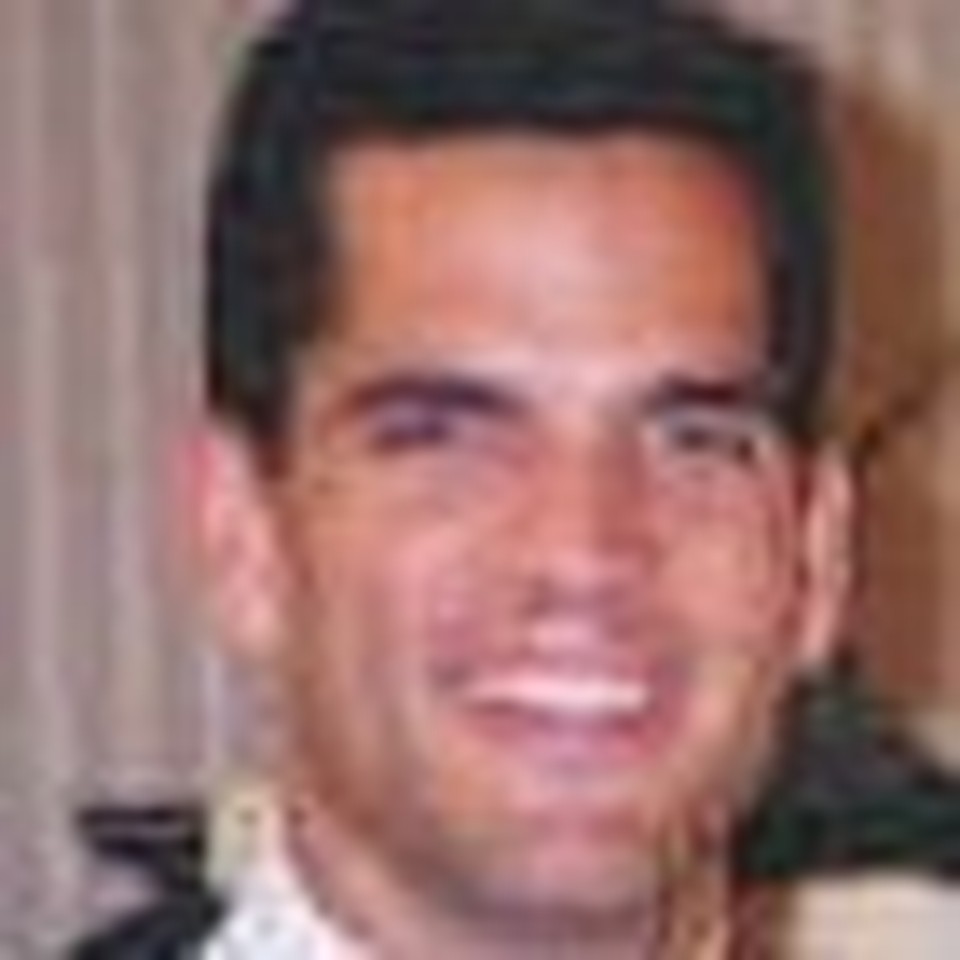When We Can't Pray

James, the brother of Jesus, was keenly aware that people would go through times in which they were unable to pray effectively and reminds us in his letter that our prayers will support those who cannot pray. He wrote, "Is anyone of you in trouble? He should pray. Is anyone happy? Let him sing songs of praise. Is any one of you sick? He should call the elders of the church to pray over him and anoint him with oil in the name of the Lord. And the prayer offered in faith will make the sick person well; the Lord will raise him up…Therefore confess your sins to each other and pray for each other that you may be healed. The prayer of a righteous person is powerful and effective." (James 5:16) James leaves no doubt that our prayers can and will work to heal others who are temporarily broken and unable to pray.
Epaphras, a little known character in the Bible, is an excellent example of the truth of James' point. Paul tells us in Colossians about Epaphras, who was "always wrestling in prayer for you [the Colossian's] that you may stand firm in all the will of God, mature and fully assured." (Colossians 4:12) In a sense, James asks each of us to be like Epaphras, who understood the power of prayer and employed it often on the behalf of those incapable, for whatever reason, of praying themselves.
It is my hope that in this time of national tragedy, when many are unable to pray for themselves, we will continue the tradition of Epaphras and help bring peace to the hearts of those in greatest need.
Originally published October 23, 2001.





